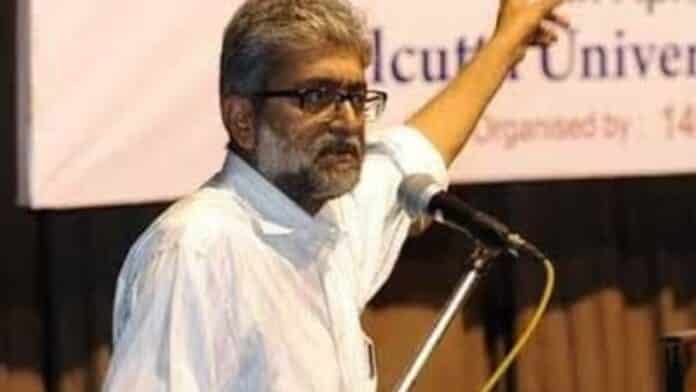A special NIA court in Mumbai on Thursday rejected the plea of activist Gautam Navlakha, an accused in the Elgar Parishad-Maoist links case, seeking permission to permanently shift his residence from Mumbai to Delhi.
Special Judge Chakor Bhaviskar, presiding over National Investigation Agency (NIA) matters, held that while the court can consider travel permissions, granting a permanent change of residence outside its jurisdiction was a “different matter altogether.”
“Granting permission to the accused to travel beyond the jurisdiction of the court is a different thing and allowing him to reside permanently beyond the jurisdiction of the court is an entirely different thing,” the judge remarked. Referring to the bail terms set by the Bombay High Court, the court observed that no liberty had been granted to Navlakha to relocate outside Mumbai. Dismissing the plea, the judge said, “This unnecessary application deserves to be rejected.”
Navlakha (72), a resident of Delhi, was arrested in April 2020 in connection with the case. The Supreme Court granted him bail in May 2024, with a key condition being that he must not leave Mumbai without the special NIA court’s permission. Since then, he has been residing in Mumbai with his partner.
In his application, Navlakha had argued that living in Mumbai had become “extremely difficult,” citing financial hardships, inability to find stable accommodation, and the ill-health of his elder sister in Delhi. He also mentioned his need to seek employment in Delhi to meet legal and living expenses.
The Elgar Parishad case pertains to alleged provocative speeches delivered during a conclave in Pune on December 31, 2017, which, according to police, incited caste violence near the Koregaon-Bhima war memorial the following day. Authorities claim the event was supported by Maoist groups. The case, initially investigated by Pune Police, was later transferred to the NIA. Sixteen activists were arrested in connection with the case, most of whom are now out on bail.




